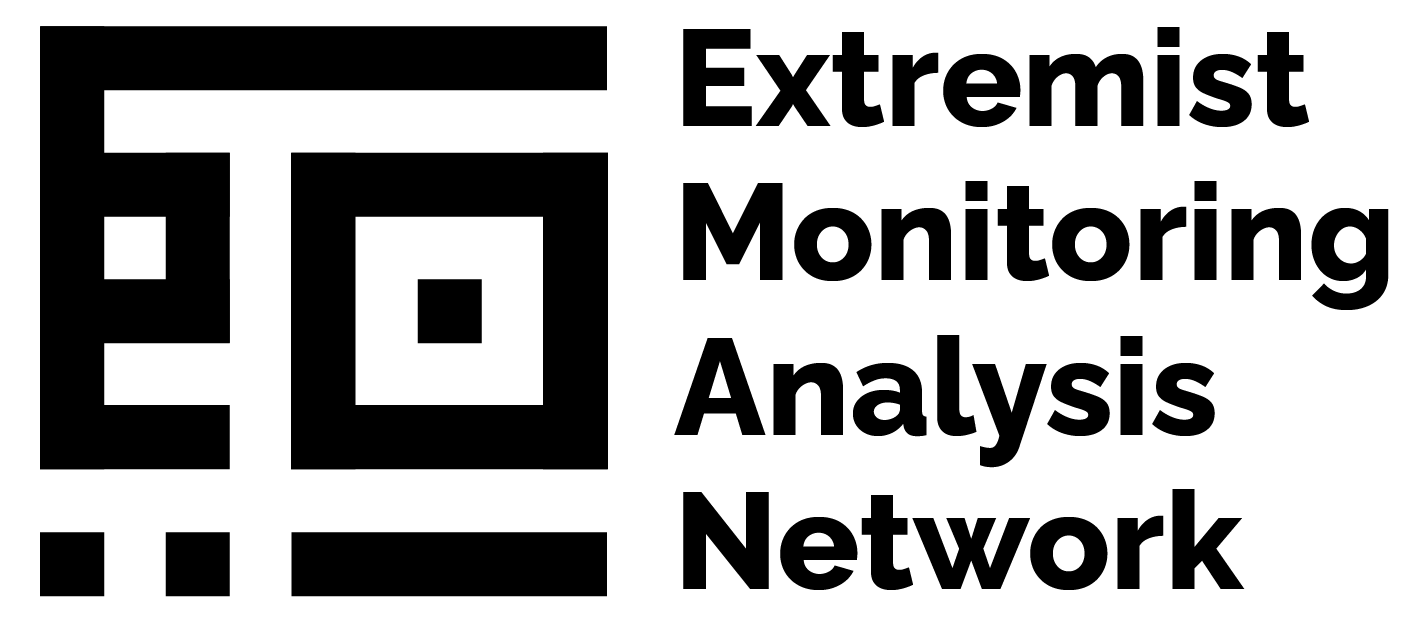It is Time for an International Concerted Effort Against the Far-Right
Author(s): EMAN Staff
The time has come for the far-right to be confronted, challenged, and countered on the global stage, where it continues to rise in popularity – ushering in far-right governments, challenging democratic governance, and attempting coups against the governments of established Western democracies. The most recent threat emanating from the global far-right was witnessed in early January 2023 in Brazil, when thousands of supporters of former President Jair Bolsonaro stormed government buildings, driven by election denialism and conspiracies that the current government of Lula Da Silva had come into power through a rigged election. The attacks were reminiscent of the January 2021 Capitol Riots in the US, when far-right extremists stormed the US Capitol building on similar claims.
In December 2022, a month earlier than the events that took place in Brazil, members of a terrorist network dubbed “Reichbürger” were arrested in a series of raids across eleven of Germany’s sixteen states, including raids in Austria and Italy. Over 3,000 German security personnel carried out over 130 raids against the movement’s adherents. In total, fifty people that were part of a plot to overthrow the German government and replace it with a shadow government were arrested by special forces and tactical units of the country’s security services. The plot involved establishing a military arm to eliminate all traces of democratic institutions in Germany once the coup was successful.
Far-right extremists in Germany have, in recent years, also carried out lethal attacks on shisha bars frequented by Germans of Middle-Eastern backgrounds, attacked synagogues, hatched a plan to kidnap the country’s Health Minister, and assassinated Walter Luebcke, a pro-refugee politician – the killing of whom was believed to be Germany's first far-right political assassination since the Second World War. Far-right extremists also stormed the German parliament – the Historic Reichstag building – in 2020, another common denominator with the US and Brazil. Perhaps one of the most significant facets of the attempted coup in Germany, however, was its transnational nature — namely arrests of co-conspirators in Italy and Austria, due to the traditional lack of internal cohesion of right-wing movements operating within specific countries, let alone transnational coordination.
Just like Salafi-Jihadist terrorism, far-right extremism, and terrorism is not monolithic and encompasses a wide variety of strands, including Christian nationalism, white supremacism, anti-immigration, and other forms of exclusivist and racist mentalities. As an ideology, it manifests itself violently and non-violently too, from far-right political parties ascending to power to right-wing extremist street gangs intimidating, attacking, and threatening minorities across various Western and non-Western countries across the world. It is also not exclusive to the West, with far-right religious extremists with histories of provocations against non-Jews and non-Hindus currently holding key ministries in Israel and India respectively. Israel’s National Security Minister, Itamar Ben-Gvir, and the Minister of Finance Bezalel Smotrich are both Jewish supremacists who have made careers of provoking Palestinians and non-Jews in Israel and Palestine. Amit Shah, India’s Home Affairs minister — one of many in the ruling BJP party also has a history of hateful incitement against religious minorities in India, including Christians, Muslims, and Sikhs.
In the US as well, things are more pronounced. The Department of Homeland Security, the Department of Justice, and the FBI all consider white supremacists and other far-right-wing extremists as being the most significant domestic terrorism threat facing the United States. Shooting and attacks carried out by far-right extremists in the US accounted for over 75 percent of all extremism-related fatalities in the past decade. The former administration of Donald Trump did indeed galvanise right-wing extremists across the country, but far-right extremism and white supremacism have been prevalent in the US long before the former president entered the political scene. Attacks such as the January 6, insurrection were pivotal moments that emphasised the pre-existent links between members of the former president and right-wing organisations in the country.
Just as the world united in a global fight against violent Islamist extremism ever since the events of September 11 and the meteoric rise in Salafi-Jihadist groups across the world, it is pertinent that countries now unite, coordinate policy and prioritise taking action against far-right currents that seek to destabilise countries, sow divisions, dismantle existing institutions, and attack minorities under what is effectively similar narratives to those propagated by Islamists; namely that their ideologies and beliefs are under attack, and that nations around the world have rallied together to weaken and destroy them. If the imminent threat of the far-right is not tackled in the West, centrist parties in many democracies will find themselves at the mercy of having to potentially form coalitions with right-wing partners in order to form governments, or in the case of the US, the Democrats and Republicans will continue to drift even further, further exacerbating an already polarised and divided country.
Like Islamist extremism, far-right extremism poses one of the most serious threats to society today. It promotes hate, discrimination, and violence against marginalized groups, and it is crucial for individuals, communities, and governments to take a proactive stance in addressing the problem. Education and awareness are key in identifying and combating far-right extremism, as well as providing support for those affected by it. On the macro-level, however, governments need to take a tougher stance — in unison — to combat this growing threat, lest it become better organised and the magnitude of its transnational element even stronger. Ultimately, it is through collective action and a commitment to tolerance and inclusivity that we can effectively combat far-right extremism and create a more just and equitable society for all.
